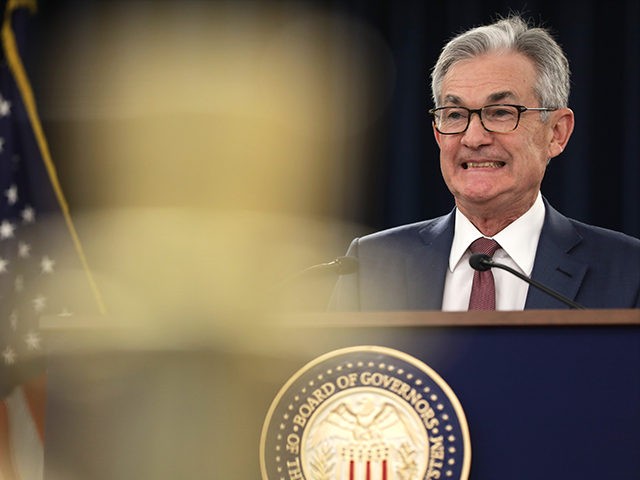The theory of immaculate disinflation remains intact. You’ll recall that “immaculate disinflation” is the phrase coined by Harvard economist Gabriel Chodorow-Reich to describe the Fed’s persistent belief that it can bring down inflation painlessly.
The Federal Reserve released the minutes of the March meeting of the Federal Open Market Committee, the gang that sets interest rate policies for the U.S. economy. Those minutes showed that the Fed thinks that reducing its balance sheet by a maximum of $95 billion per month, with accompanying interest rate hikes, will bring inflation under control.
It’s possible that the Fed’s balance sheet does not matter at all. The Fed spent the decade or so after the 2008 financial crisis buying bonds under its quantitative easing program. It kept buying bonds even after the official end of QE because it wanted to control the rate at which it shrank its balance sheet. Bonds, as you know, mature. So every month the Fed has to buy new bonds just to keep the current size of its balance sheet intact. And even when the Fed is shrinking its balance sheet, it buys bonds to control how fast the contraction occurs.
It’s never been exactly clear that any of this matters at all. In theory, the Fed’s purchases of bonds push down yields and that pushes investors seeking returns further out on the risk curve. So Treasury investors buy corporate bonds, and corporate bond investors buy stocks, and stock investors throw their money at start ups. There are fancy names for this like “portfolio theory,” but that’s more or less what the theory behind the Fed’s balance sheet expansion is. Reduce returns at each level of asset safety to push investors into taking more risk.
Will it work the opposite way? Or, more importantly, will the Fed’s balance sheet reduction decrease inflation? That’s far from clear. But what is clear is that the Fed thinks that balance sheet reduction will have a big impact on inflation. If the Fed is wrong about that, then interest rates may have to rise by far more than anticipated to bring inflation back in line with the Fed’s preferred path of prices. That’s not something that is priced into the stock market right now.
On a side note, we couldn’t help but notice that Twitter’s management announced on Wednesday that it would be immune to the influence of Elon Musk on its board. That’s a pretty big rejection of the idea that boards of directors are supreme in U.S. corporate governance, but it’s something that some of Silicon Valley has been leaning toward for some time. The question is whether it is correct. Can Twitter’s management resist the influence of its biggest shareholder?

COMMENTS
Please let us know if you're having issues with commenting.